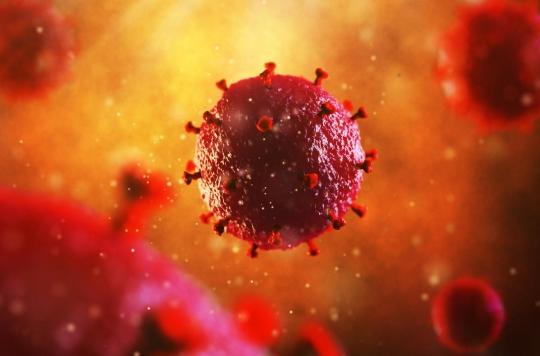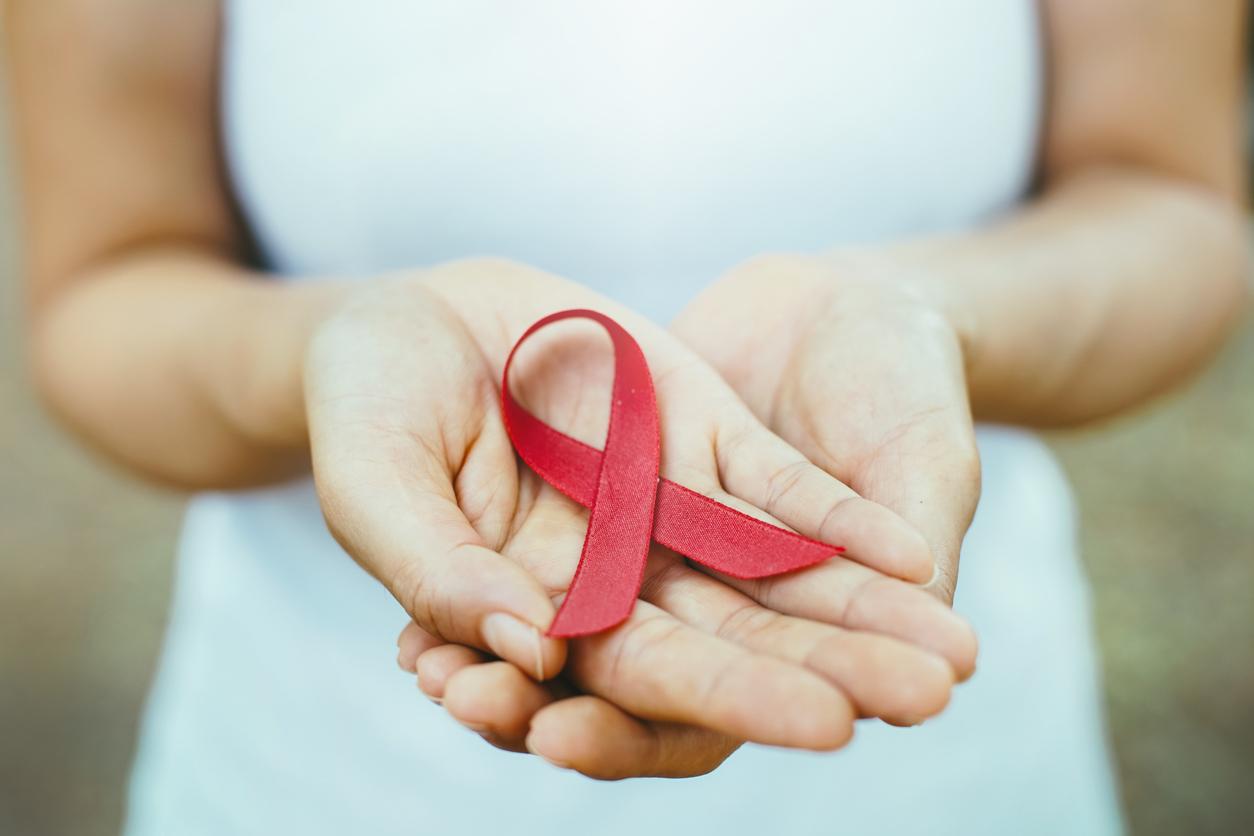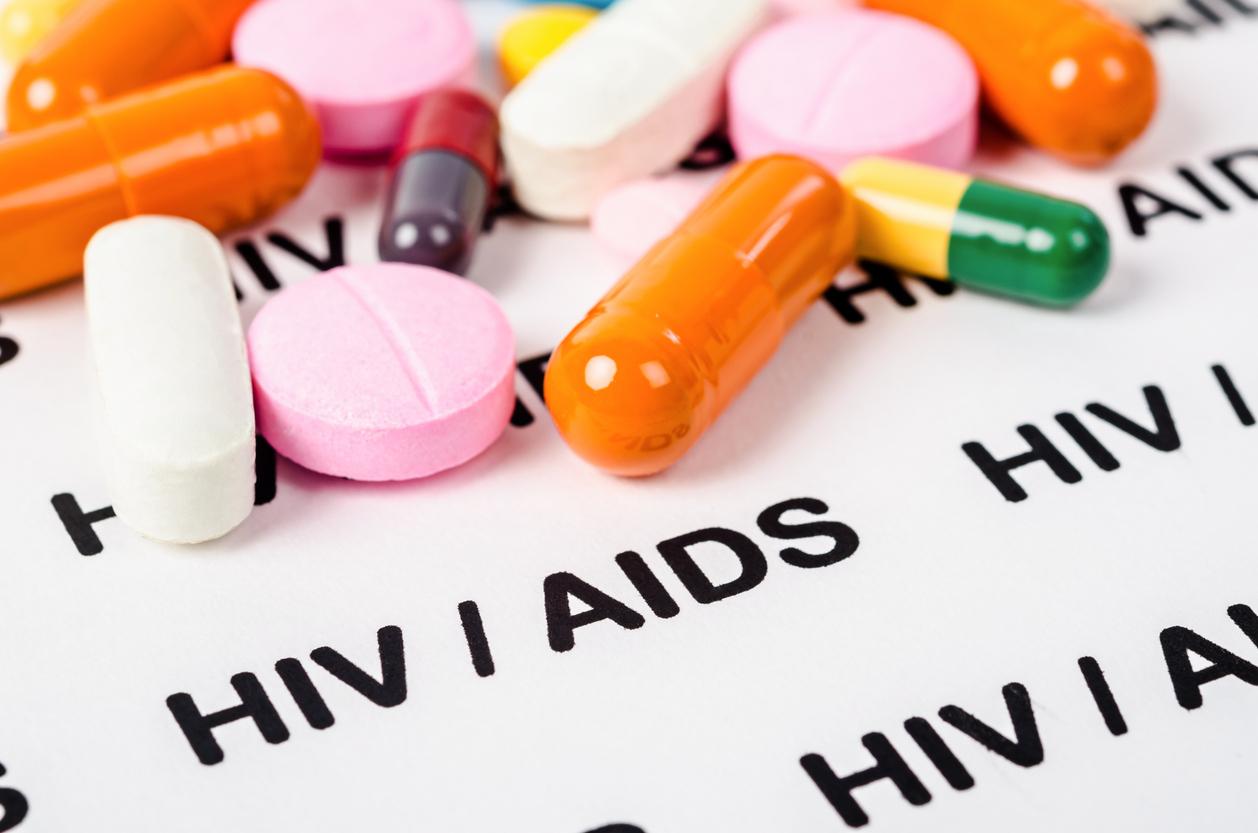Researchers have announced that they have successfully tested a subcutaneous implant delivering a preventive treatment against the AIDS virus for “at least a year”.
In 2018, 770,000 people died of AIDS worldwide, a third less than in 2010.

This is good news for the fight against the AIDS virus: a new subcutaneous implant, capable of delivering a preventive treatment against HIV, pre-exposure prophylaxis known as PrEP, would make it possible to protect against the disease for “at less than a year”.
The results of this testconducted by the American laboratory Merck & Co., were presented at the 10th International AIDS Conference in Mexico City.
Promising trials
This anti-HIV implant was tested on sixteen healthy patients for twelve weeks. And the laboratory considers the results of the first phase of this trial as encouraging. The laboratory announces that it has launched phase 2 of the clinical trial.
These implants contain a molecule already known to protect against the AIDS virus: the MK-8591 molecule. This antiretroviral molecule is capable of stopping the activity of the enzyme responsible for cloning the virus.
Introduced under the skin of the patient’s arm, the implant, the size of a match, diffuses the preventive treatment daily. Reviews after the 12 weeks of treatment showed that the treatment had been delivered effectively by the new device and that the participants had tolerated the presence of the rod in their bodies well.
According to the laboratory, the implant could deliver the treatment and protect its wearer for “at least a year”.
Measure its effectiveness compared to oral intake
However, there are still new studies to be carried out to conclude on the effectiveness of this subcutaneous treatment compared to simple oral intake.
PrEP, increasingly widespread, is now mainly taken in the form of tablets. In France, taking “on demand” (that is to say before an exhibition) is more and more widespread. In other countries, the daily intake is also growing.
PrEP is now considered an option in WHO recommendations to protect against HIV.
In 2018, 770,000 people died of AIDS worldwide, a third less than in 2010.


















